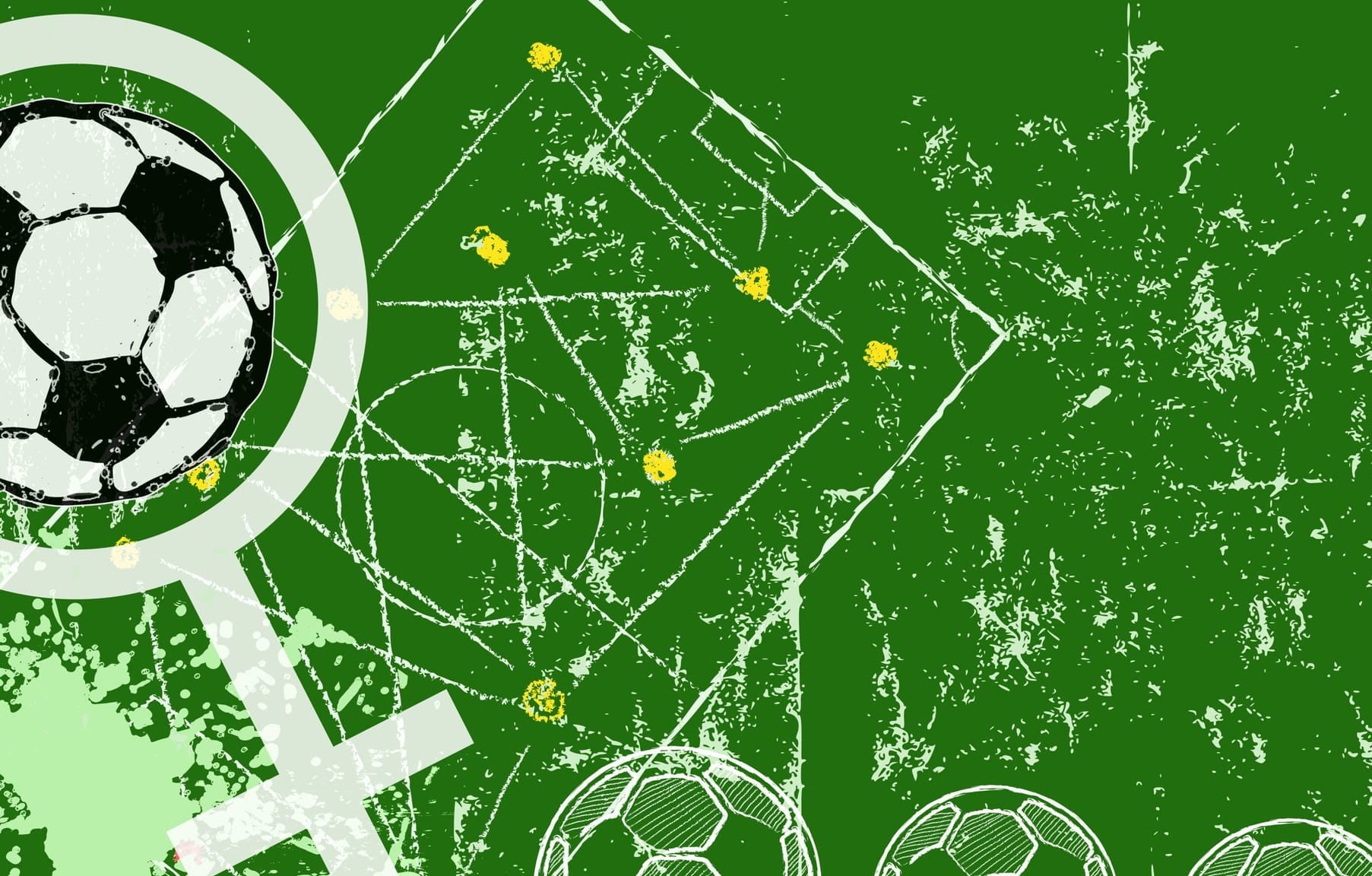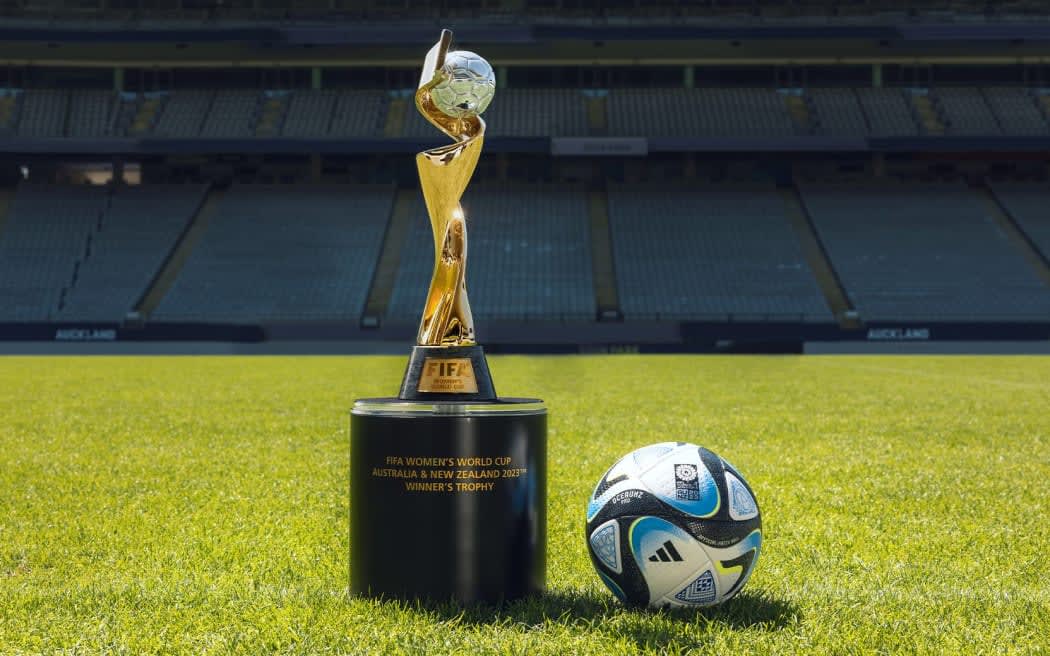
Two days before the Women’s World Cup final, at the FIFA Women’s Football Convention held in Sydney, FIFA President Gianni Infantino:
“And I say to all the women – and you know I have four daughters, so I have a few at home – I say to all the women that you have the power to change. Pick the right battles. Pick the right fights. You have the power to change. You have the power to convince us men what we have to do and what we don’t have to do. You do it. Just do it. With men, with FIFA, you will find open doors. Just push the doors. They are open.”
This comment piqued interest and sparked rage among many. Yes, athletes, coaches, officials and administrators in women’s sport have agency and power to choose. Yet their choices are often determined by others, impeding the possibilities for action.
The frustration among women is that there’s no decisive action towards progressing women’s sport.
Is it our job to convince men what they have to do? Is it too much to be treated as a full and equal human in the realm of sport?
Read more: Women’s World Cup: Remarkable progress, but the longer-term challenges remain
Throughout history, women have been positioned as weaker, inferior, more vulnerable, less intelligent, and more emotional. Men of “science” and “medicine” were at pains to prove this, drawing all kinds of outlandish and untrue conclusions about women’s bodies and personalities.
Women have had to fight to be treated as full and equal humans, denied the vote, denied access to finance, and denied opportunities to perform in sport.
We have the vote now, and access to finance and opportunities to perform in sport. But that history of marginalisation and infantilisation hasn’t just gone away.
Women’s status as secondary citizens endures, and despite the successes of the WWC this year, there were many examples that highlighted the unequal and inequitable treatment of the women’s game.
There were little things and big things throughout the tournament (and before and after) that positioned the women’s game as inferior to that of the men.

Challenges on and off the pitch
The FIFA 2023 Women’s World Cup in Australia witnessed a complex interplay of significant events both on and off the field.
National teams such as Nigeria and Jamaica faced challenges beyond the pitch, highlighting the broader issues of gender inequality and administrative shortcomings in the world of women's football.
Nigeria’s preparation was marred by disputes over delayed payments, cancelled camps, and interference in squad selection, reflecting deep-seated structural problems within its football system.
Similarly, Jamaica's journey was marked by managerial changes, as the team called for its manager's resignation, and concerns were raised about facilities and preparation, leading players to seek independent funding.
The tournament also revealed clashes between progressive values and institutional decisions. FIFA's ban on the OneLove and Rainbow armbands drew criticism from players, advocates, and former athletes, who viewed it as regressing LGBTIQA+ rights.
The lack of comprehensive live TV coverage in Australia underscored the challenges faced by women's football in gaining recognition and financial support, despite the growing multiculturalism and rising interest in women's sports.
Kissing incident sparked outrage
Spain’s historic Women’s World Cup victory was overshadowed by controversy as footage of Luis Rubiales, the President of the Royal Spanish Football Federation (RFEF), kissing midfielder Jenni Hermoso on the lips and lifting her in celebration circulated on social media.
The incident prompted outrage and discussions about boundaries in the treatment of female athletes. While Hermoso initially expressed discomfort with the kiss on a live Instagram stream, she later downplayed the incident, highlighting the intricate challenges of navigating such situations publicly.
The backlash grew as the Rubiales was seen hugging and kissing other players, even making a controversial gesture after the victory with members of the Spanish royal family nearby.
The unrepentant Rubiales has faced mounting calls to resign, with government ministers and high-ranking figures in Spanish sport demanding his departure, and the country’s top criminal court investigating whether his actions constituted sexual assault.
At the time of writing he’s refused to stand down, but FIFA, after opening disciplinary proceedings, has suspended him for 90 days, and Hermoso, along with her union, stated that such actions “should never go unpunished.”
Internationally, the behaviour has been criticised by figures including US forward Megan Rapinoe, who pointed to underlying misogyny and sexism within the federation and the individual.
The significance of this case extends beyond the incident itself. It highlights the damaging handling that tarnishes the sport’s reputation, revealing systemic issues. Instead of revelling in the the women’s football achievements, a familiar story unfolds – the need to rally and defend players and the sport itself.
A century of misogyny once again overshadows the joy of the game, the national team’s pride, and remarkable performances on the pitch.
It underlines the need to rebuild structures within football, and feminist research can help guide changes to be more equitable.

Sport’s pivotal role in feminist work
Feminist scholars draw on feminist theory to understand these inequalities, and the potential of sport to shift culture in important ways. Sport, including events like the FIFA 2023 Women’s World Cup, plays a pivotal role in feminist work by serving as a multifaceted platform for challenging gender norms, fostering empowerment, and catalysing societal change.
The Women’s World Cup serves as a spotlight on gender equity, offering a tangible context to analyse the intersection of sports and feminism.
Academics in sociology study how the event challenges stereotypes, highlighting the capabilities of female athletes and dismantling traditional notions of women’s physical abilities.
The tournament's visibility underscores the importance of equal opportunities in sports, encouraging discussions on gender representation, media coverage, and fosters discussions regarding race, sexuality and religion.
Read more: The World Cup legacy: How can we create sustainable participation for girls and women’s football?
The Women's World Cup becomes a potent tool for advocacy. Its global reach amplifies voices advocating for gender equality, bringing to the forefront issues such as equal pay, access to facilities, and women’s participation in sports at all levels.
The governments have been prompted to do more for the global game that unites a nation. Sociological research analyses how these conversations translate into policy changes and shifts in societal perceptions, driving the feminist agenda forward.
Harnessing sport for empowerment
The tournament provides a rich field for studying how sports can be harnessed for empowerment.
Academics explore how athletes and spectators derive inspiration from the event, catalysing broader conversations about female agency and self-confidence. Sociologists delve into the ways in which participation in sports can lead to greater control over one’s body and choices, ultimately challenging traditional gender roles and expectations.
The FIFA 2023 Women’s World Cup stands as a powerful force within feminist sociology/academia and advocacy. It exemplifies the potential of sports to reshape perceptions, drive change, and empower individuals.
By providing a global stage for gender equality discussions, this event propels the ongoing dialogue surrounding feminism, sports, and social transformation.





